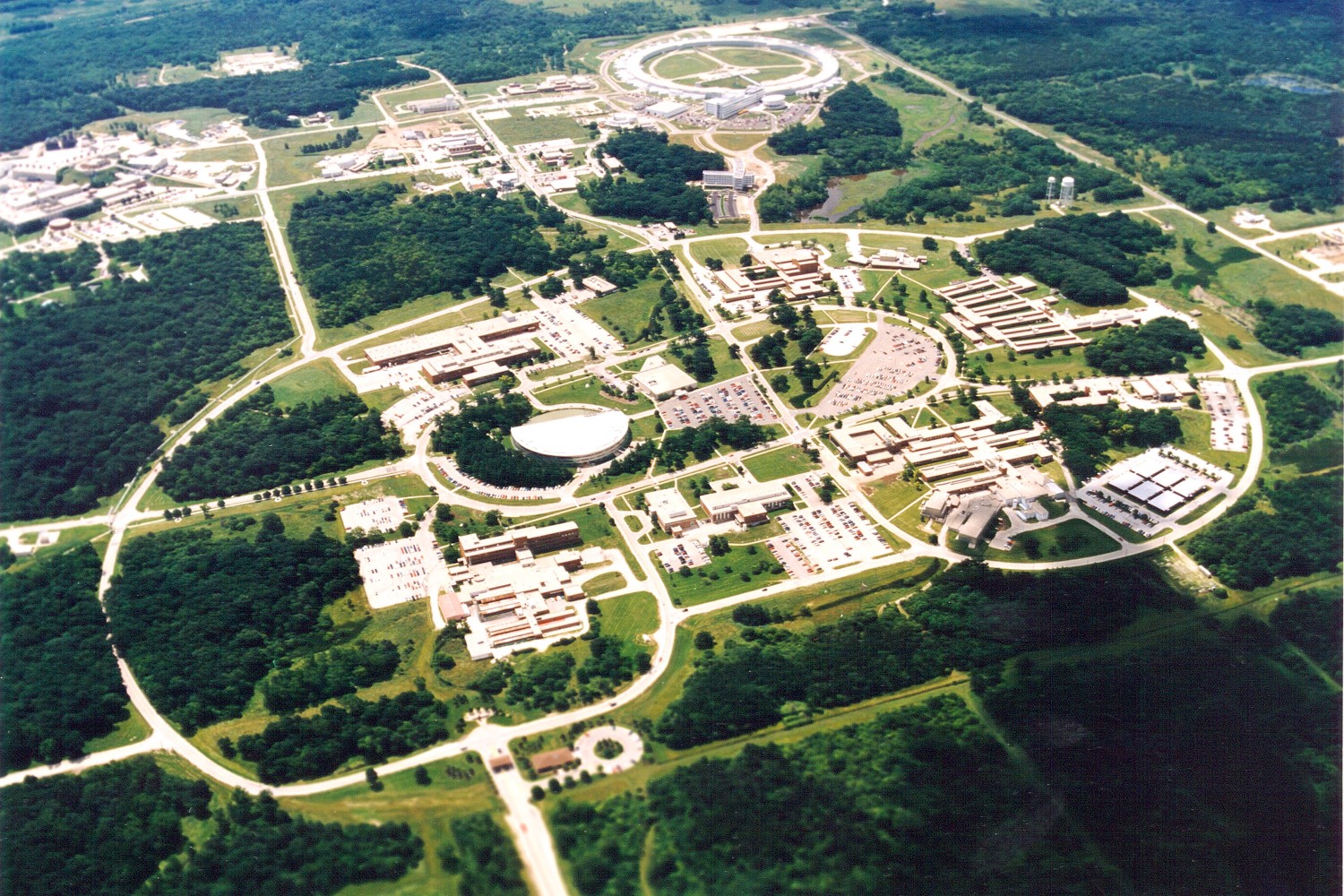Located outside of Chicago, Argonne National Laboratory has a long history that dates back to Enrico Fermi’s work as part of the Manhattan Project. In the decades since then, the laboratory has been home to work on initiatives as wide-ranging as nuclear power and cloud computing. What’s the next cutting-edge technology that the scientists at Argonne are turning their attention to? According to new reports, the answer is EV batteries — more specifically, one variety of EV batteries.
As Autoweek‘s Jay Ramey reports, the U.S. Department of Energy announced that it would allocate $50 million into researching sodium-ion battery technology. The batteries developed by this initiative, according to Venkat Srinivasan, director of the Argonne Collaborative Center for Energy Storage Science, will need to be both high-performance and ecologically sound.
“The challenge ahead is improving sodium-ion energy density so that it first matches and then exceeds that of phosphate-based lithium-ion batteries while minimizing and eliminating the use of all critical elements,” Srinivasan said in a statement.
This initiative is known as the Low-cost Earth-abundant Na-ion Storage (LENS) Consortium, and it will be led by Argonne National Laboratory. All told, six national laboratories and eight universities — including Virginia Tech and University of California San Diego — will be involved in the venture.
“With the combined expertise of the LENS consortium, we now have a unique opportunity to pioneer new battery technologies for electric vehicles and to train a new generation of scientists and engineers who will contribute to our domestic battery innovation and manufacturing,” said Virginia Tech professor Feng Lin.
VinFast Has a Recycling Destination in Mind for Old EV Batteries
Can EV tech also bolster renewable energy?The scientists involved in this project will have several daunting tasks ahead of them, including developing a sodium-ion battery that’s comparable to lithium-ion technology. There are some promising developments happening in this space, however: international research into sodium-ion batteries has yielded some that can perform at remarkably low temperatures. It’ll be a category to watch in the years to come.
This article was featured in the InsideHook newsletter. Sign up now.
